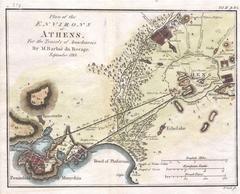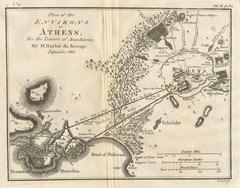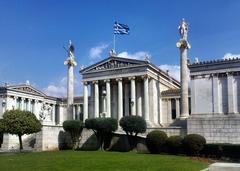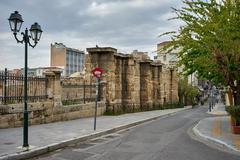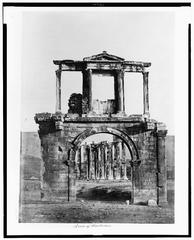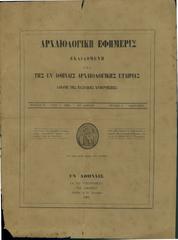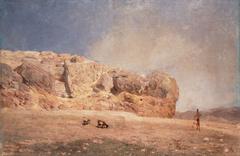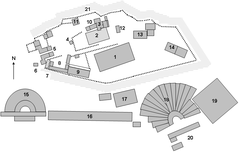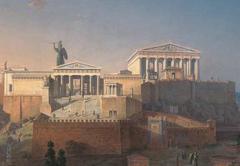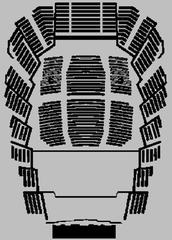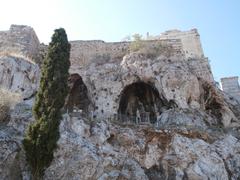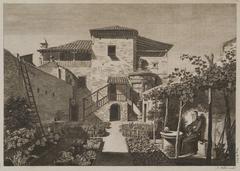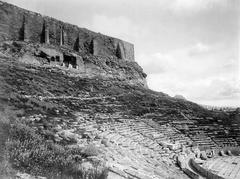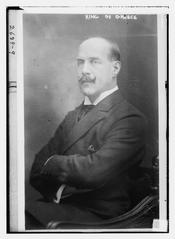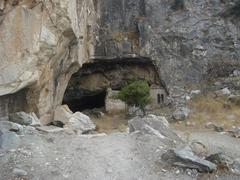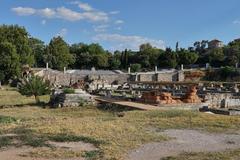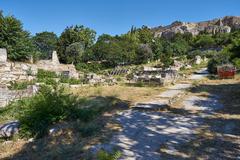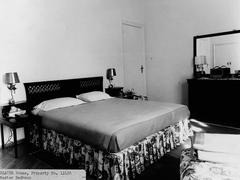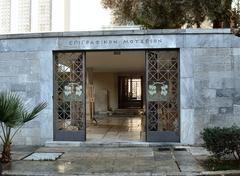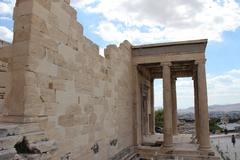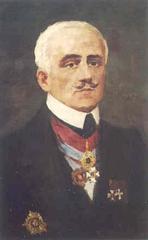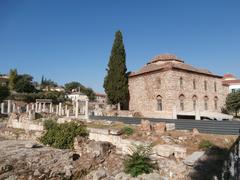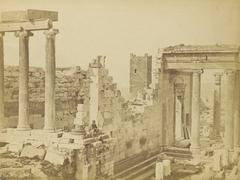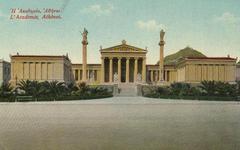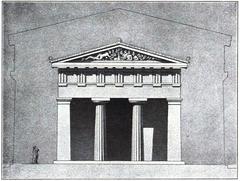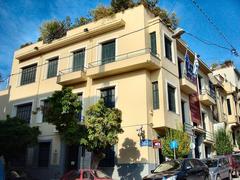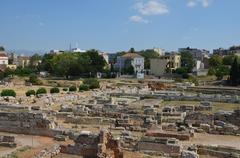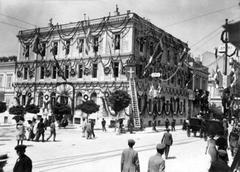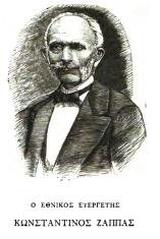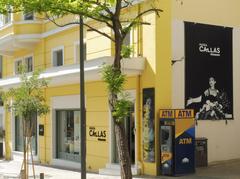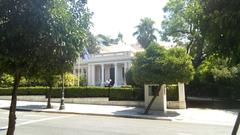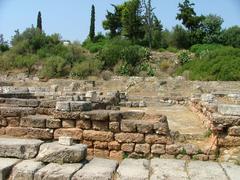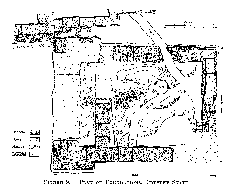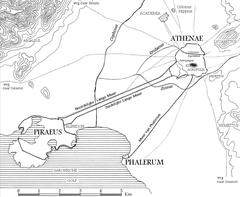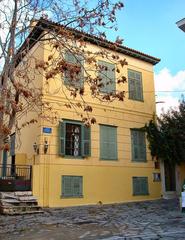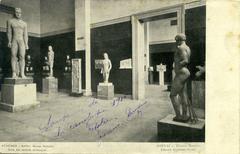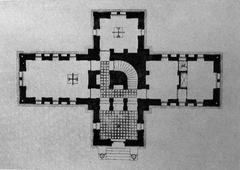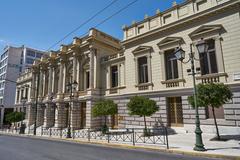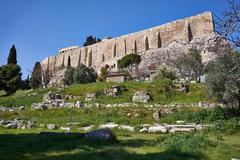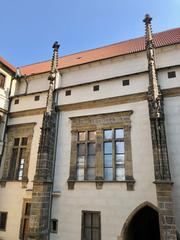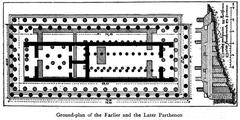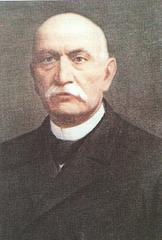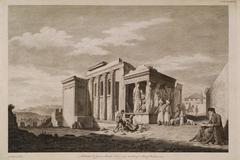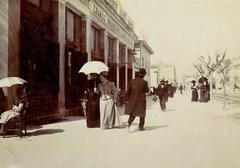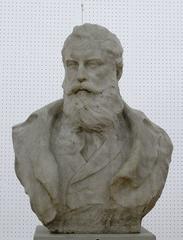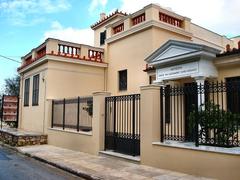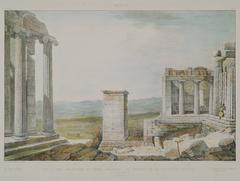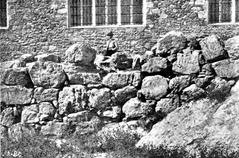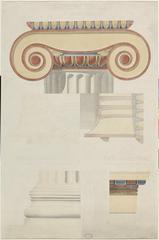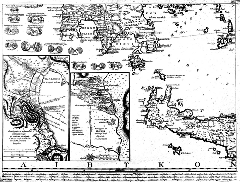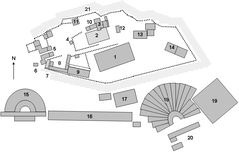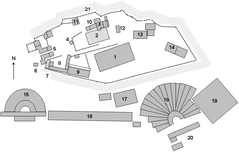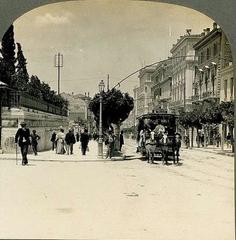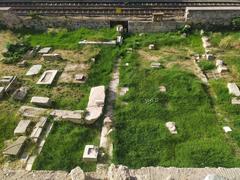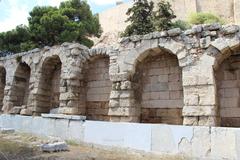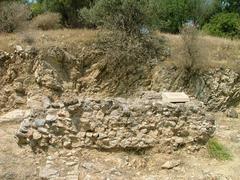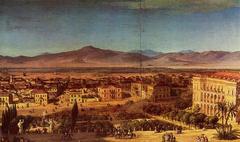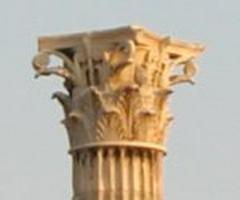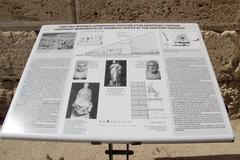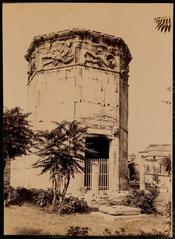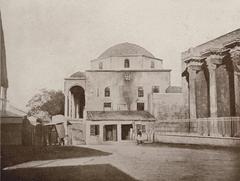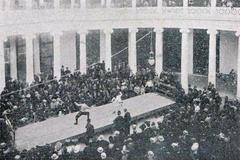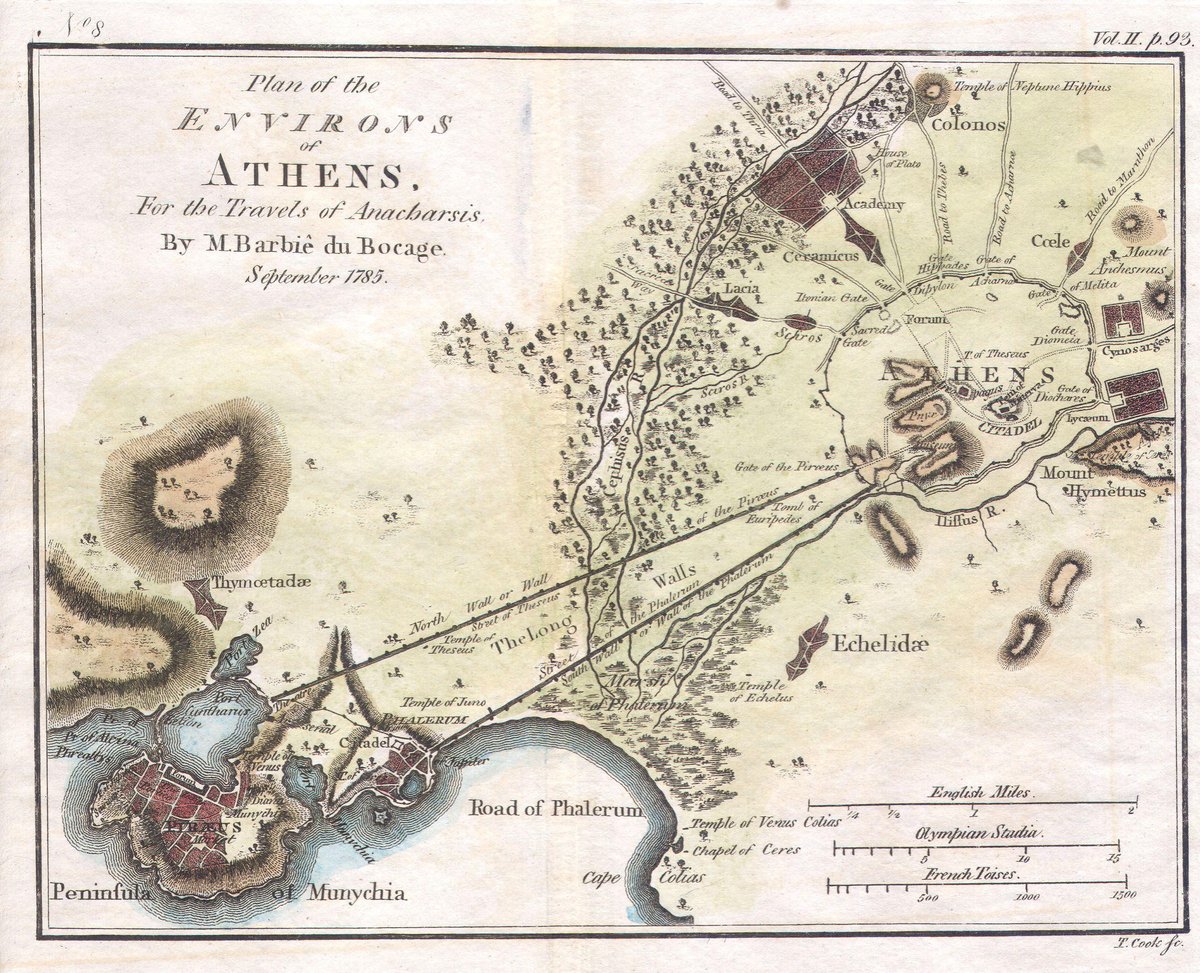
Lyceum Athens Visiting Hours, Tickets, and Historical Sites Guide
Date: 14/06/2025
Introduction: The Lyceum’s Historical and Cultural Legacy
Nestled in the heart of Athens, Aristotle’s Lyceum stands as a monument to the origins of Western philosophy and scientific inquiry. Established in 335 BCE by Aristotle, this ancient gymnasium became the cradle of the Peripatetic School, where intellectual discourse and empirical research flourished. As a hub for philosophy, science, and civic engagement, the Lyceum not only hosted some of Europe’s earliest libraries but also fostered a spirit of inquiry that has influenced education for centuries.
Today, visitors can walk among the Lyceum’s tranquil ruins, exploring its unique blend of historical, architectural, and cultural significance. This guide provides comprehensive details on visiting hours, ticketing, accessibility, and practical tips while offering insights into the Lyceum’s enduring legacy in Western thought. Whether you are a history enthusiast, a philosophy scholar, or a curious traveler, this resource will help you plan a meaningful visit.
For the most up-to-date information, consult the official Greek Ministry of Culture website, Acropolis Tickets, and This is Athens. Begin your journey into the intellectual foundations of the Western world at one of Athens’ most significant archaeological sites. (Visiting the Lyceum in Athens: History, Tickets, and Travel Tips) (Visiting Aristotle’s Lyceum in Athens) (Visiting the Lyceum in Athens: Hours, Tickets, and Cultural Significance)
Table of Contents
- Introduction: The Lyceum’s Historical and Cultural Legacy
- Historical Overview
- Visiting the Lyceum: Practical Guide
- Frequently Asked Questions (FAQ)
- Visuals and Media
- Conclusion: Why Visit the Lyceum?
- References
Historical Overview
Origins and Early Development
The Lyceum (Ancient Greek: Λύκειον, Lykeion) began as a sanctuary dedicated to Apollo Lyceus, located just outside Athens’ ancient walls. As early as the 6th century BCE, the site was known for its open groves and proximity to the Ilissus River. Initially serving religious and civic purposes, it evolved into a public exercise area with a gymnasium built during the eras of Pisistratus or Pericles, hosting athletic training, military drills, and community events.
Aristotle and the Peripatetic School
In 335 BCE, Aristotle established his school at the Lyceum, fundamentally transforming education by integrating empirical observation, systematic research, and broad-based learning. The Lyceum became a hub for philosophy, logic, biology, ethics, and politics, introducing the method of peripatetic teaching—walking while discussing ideas. Aristotle’s extensive library and research facilities attracted scholars from across the Greek world, and his approach laid the groundwork for the scientific method and modern pedagogy (facts.net) (tripventure.uk).
Decline and Rediscovery
The Lyceum’s prosperity waned after Aristotle’s death, particularly following its destruction by the Roman general Sulla in 86 BCE. The site was lost to history until 1996, when excavations revealed its remains behind the Hellenic Parliament, confirming its legendary status as a beacon of classical learning.
Visiting the Lyceum: Practical Guide
Location and Getting There
The Lyceum is centrally located at Rigillis 11, adjacent to the Byzantine and Christian Museum and near Syntagma Square. It is easily accessible:
- Metro: Evangelismos (Line 3) and Syntagma (Lines 2 & 3) stations, both within a 5–10 minute walk.
- Bus: Multiple lines serve nearby Vasilissis Sofias Avenue.
- On Foot: A short walk from the National Garden and other central landmarks (Go Explore Greece).
Opening Hours and Ticket Information
- Summer (April 1 – October 31): 8:00 AM – 8:00 PM
- Winter (November 1 – March 31): 8:00 AM – 5:00 PM
- Closed: Mondays and major Greek holidays (January 1, March 25, Greek Easter, May 1, December 25–26)
- Admission: €4 (summer), €2 (winter); free and reduced rates available for eligible groups (Nomadic Niko)
- Special Free Admission Days: March 6, April 18, May 18, last weekend of September, October 28, first Sunday of each month from November to March (Real Greek Experiences)
- Combo Ticket: €30 (April–October; access to 7 major sites, may be discontinued from April 2025)
Accessibility and Facilities
- Paths: Mostly level, paved, and gravel, with partial wheelchair accessibility (This is Athens)
- Facilities: Benches, shaded areas, basic restrooms near entrance; no on-site café, but nearby options on Vasilissis Sofias Avenue
- Family-Friendly: Suitable for groups and children, though younger kids may prefer more intact monuments
Guided Tours and Digital Resources
- Tours: On-site guided tours are limited, but group tours can be arranged through local operators (Get Your Guide, Viator).
- Digital Kiosks: Interactive displays and audio guides provide educational content
- Photography: Allowed for personal use; drones require special permission
Travel Tips
- Best Times: Early morning or late afternoon for fewer crowds and cooler temperatures
- What to Bring: Water, sun protection, comfortable walking shoes, camera
- Languages: Greek and English signage; staff generally speak English
- Safety: Stay alert for pickpockets in busy areas (Dave’s Travel Pages)
Nearby Attractions
- Museums: Byzantine and Christian Museum, Benaki Museum, Museum of Cycladic Art
- Landmarks: National Garden, Syntagma Square, Acropolis Museum, Ancient Agora, Temple of Olympian Zeus
Frequently Asked Questions (FAQ)
Q: What are the Lyceum’s opening hours?
A: The site is open daily from 8:00 AM to 8:00 PM in summer and until 5:00 PM in winter, with some variations on major holidays.
Q: How much are tickets?
A: €4 in summer, €2 in winter, with discounts and free entry on select days.
Q: Is the Lyceum wheelchair accessible?
A: Most areas are accessible, although some uneven terrain remains.
Q: Are guided tours available?
A: Yes, via local operators and online booking platforms, though not regularly on-site.
Q: Can I buy a combo ticket for other sites?
A: Yes, a €30 combo ticket covers seven major Athens sites, subject to possible changes in 2025.
Q: Are there food or restroom facilities?
A: Basic restrooms are available; cafés and restaurants are nearby.
Visuals and Media
- Images: Capture the palaestra, baths, and tranquil gardens for memorable photos.
- Maps: Check official websites for interactive maps highlighting key features and nearby attractions.
- Virtual Tours: Available through tourism portals for a preview of the site.
Conclusion: Why Visit the Lyceum?
Aristotle’s Lyceum offers more than a glimpse of ancient stones—it’s a living testament to the birth of Western rational inquiry, ethics, logic, and civic discourse. The combination of accessible ruins, peaceful gardens, and educational resources makes it an essential stop for anyone interested in the roots of philosophy, education, and democracy. Its central location and integration with other major Athens sites provide an enriching historical itinerary.
For guided audio tours and up-to-date visitor information, download the Audiala app. Stay informed through Acropolis Tickets, This is Athens, and the Odysseus Culture Portal for the latest updates.
References
- Visiting the Lyceum in Athens: History, Tickets, and Travel Tips
- Visiting the Lyceum in Athens: Hours, Tickets, and Cultural Significance
- Visiting Aristotle’s Lyceum in Athens: Hours, Tickets, and Historical Insights
- Lyceum of Aristotle Visiting Hours, Tickets, and Visitor Guide to Athens Historical Sites
- This is Athens Official Tourism Site
